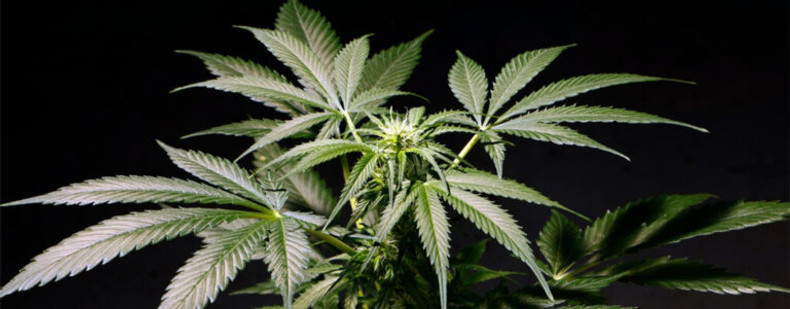Delta 8 THC is a naturally occurring cannabinoid found in both hemp and cannabis plants, though in much smaller quantities compared to Delta 9 THC, the well-known psychoactive compound responsible for the classic cannabis high. While both Delta 8 and Delta 9 share a similar chemical structure, the key difference lies in the placement of a double bond within their molecular makeup. It might seem like a minor detail, but this subtle structural variation alters how Delta 8 interacts with the body's endocannabinoid system, leading to a different set of effects that many users find to be smoother and more manageable than traditional Delta 9 THC.
Unlike Delta 9, which can sometimes lead to stronger psychoactive effects, anxiety, or paranoia at higher doses, Delta 8 THC is often described as producing a milder, more clear-headed high. Users report that it provides gentle euphoria, relaxation, and slight mental stimulation without the overwhelming intensity that Delta 9 can sometimes bring. Because of this, Delta 8 has become a popular choice for those who want to enjoy THC in a more controlled and functional way, making it appealing for both recreational and therapeutic use. However, it's important to note that individual experiences may vary, and effects depend on factors like dosage, tolerance, and personal body chemistry.
As for legality, Delta 8 THC exists in a complicated legal gray area. Since it can be derived from federally legal hemp, some states allow its sale and use, while others have restricted or outright banned it. The 2018 Farm Bill legalized hemp-derived cannabinoids, but because Delta 8 has psychoactive effects, some jurisdictions have moved to regulate or prohibit it. Laws around Delta 8 THC continue to evolve, so it’s always a good idea to check your local and state regulations before purchasing or using it to ensure compliance with the law.
How Delta 8 THC Differs from Delta 9 THC and CBD
If you’re searching for what Delta 8 THC is, you probably already know about Delta 9 THC and CBD. But how do they differ, and what’s the edge of Delta 8 compared to the other two? Here’s a quick comparison so you can easily spot the differences.
Psychoactive Effects
Delta 8 THC: Mild, smoother experience
Delta 9 THC: Stronger, more intense psychoactive effects
CBD: No psychoactive effects
Source
Delta 8 THC: Naturally found in hemp (usually extracted)
Delta 9 THC: Found in larger quantities in cannabis
CBD: Mainly extracted from hemp
Legal Status
Delta 8 THC: Legal in some areas but varies by state or country
Delta 9 THC: Strictly regulated in most places
CBD: Mostly legal as long as it comes from hemp
Common Use
Delta 8 THC: Found in flower, oil, gummies, and vapes
Delta 9 THC: Used in cannabis flower, oils, and edibles
CBD: Oils, tinctures, topicals, edibles
Delta 8 THC vs. Delta 9 THC: While Delta 9 THC gives you that intense, familiar high, Delta 8 THC is known for being more mellow. Think of it like a lighter version—still noticeable, but not overwhelming. Some people say it's a smoother ride.
Delta 8 THC vs. CBD: On the other hand, CBD doesn’t have any of the psychoactive effects that Delta 8 or Delta 9 offer. It's often chosen by those who want the benefits of cannabinoids without the high. Delta 8 sits comfortably between the two—mildly psychoactive but much more laid back than Delta 9.

